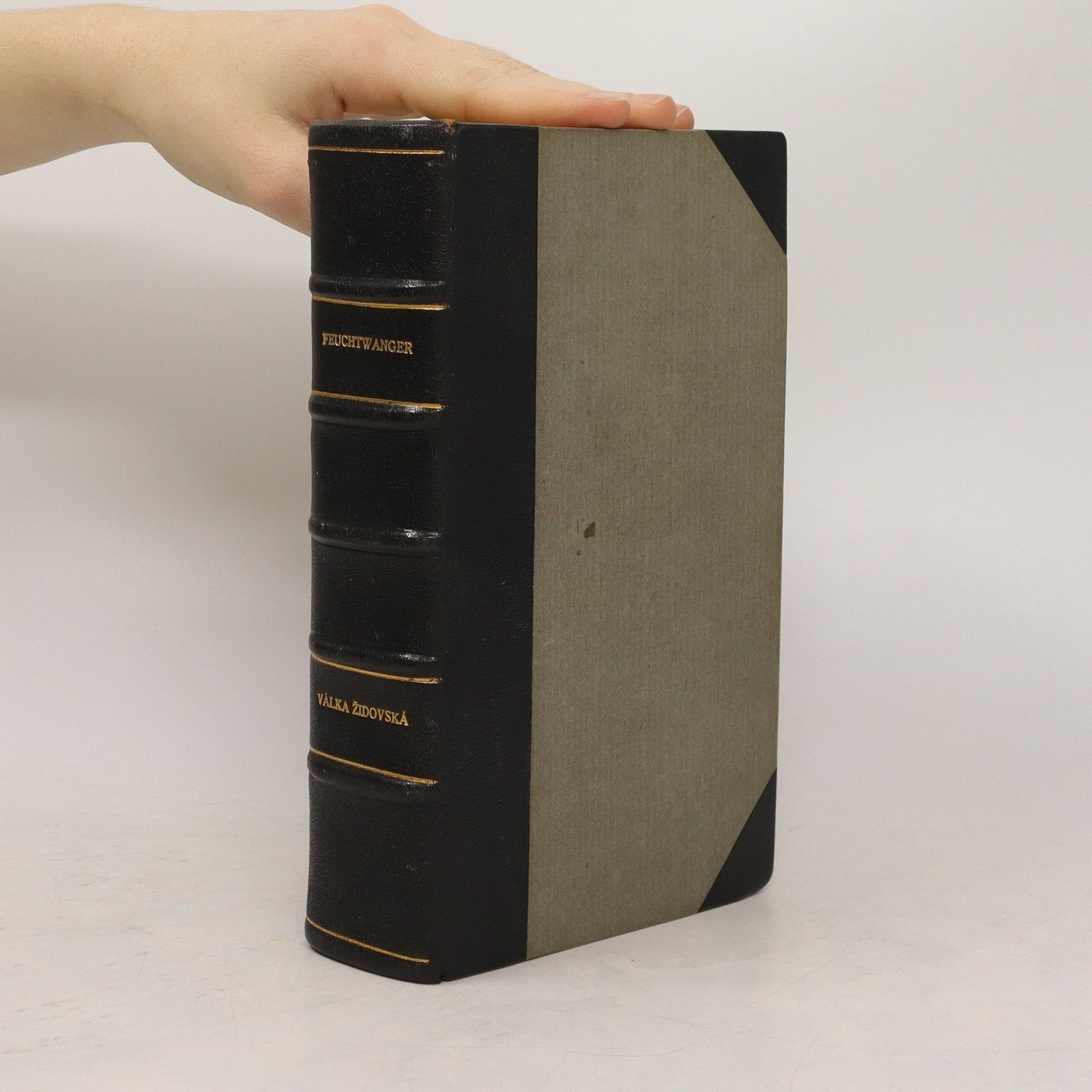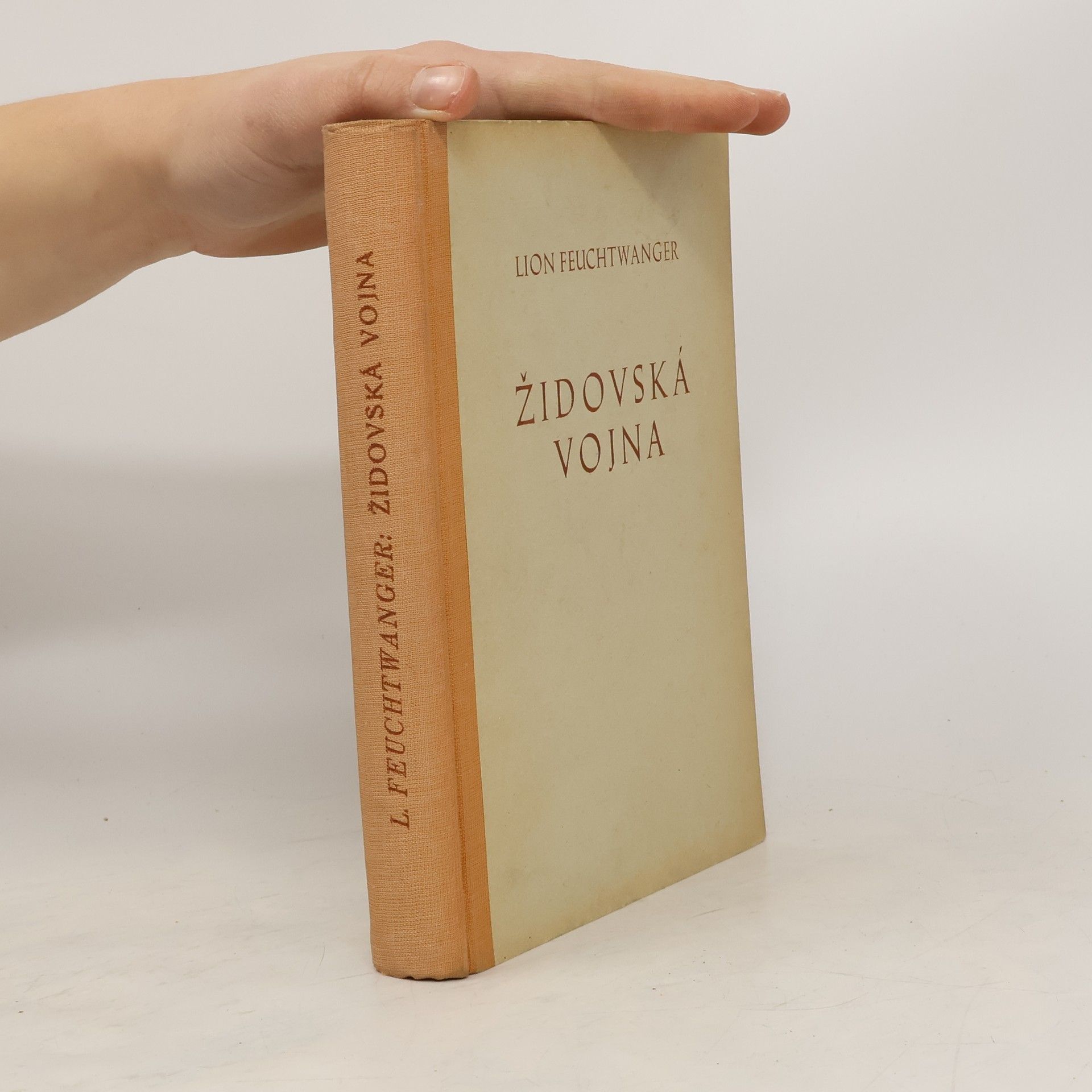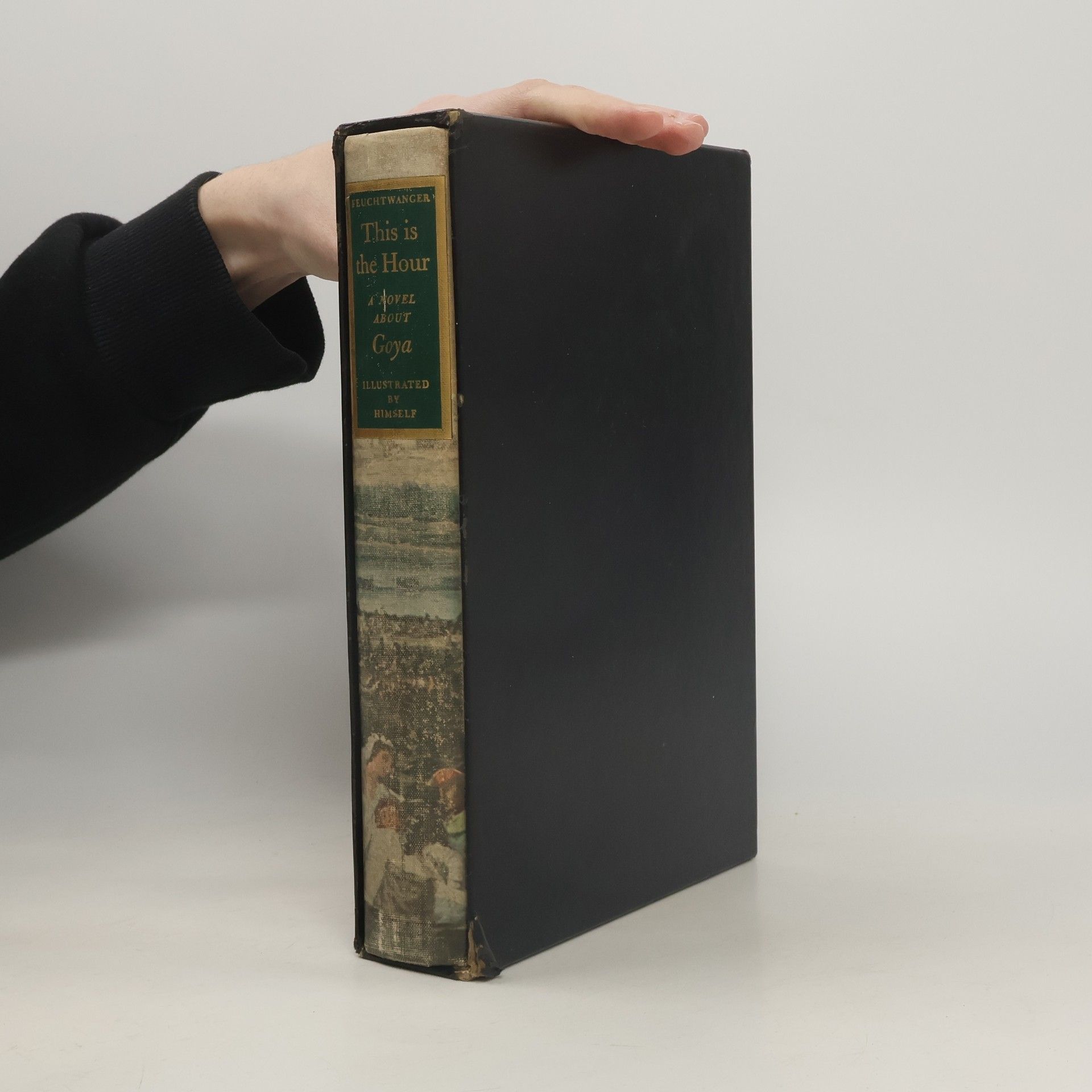The Oppermanns
- 400bladzijden
- 14 uur lezen
Gustav Oppermann, who runs a chain of furniture stores, and the other members of his Jewish family face the terrifying rise of Nazism in Germany.
Deze auteur, een vooraanstaand romanschrijver en toneelschrijver van Duits-Joodse afkomst, was een uitgesproken criticus van het naziregime lang voordat hij gedwongen emigreerde. Vluchtend uit Europa tijdens de oorlog en na een korte internering, vond hij uiteindelijk asiel in de Verenigde Staten. Hij leefde daar in ballingschap tot aan zijn dood, zijn werken weerspiegelen een diepe betrokkenheid bij geschiedenis en de menselijke conditie.







Gustav Oppermann, who runs a chain of furniture stores, and the other members of his Jewish family face the terrifying rise of Nazism in Germany.
Essays Commemorating the Legacy of Lion Feuchtwanger
Against the Eternal Yesterday features an autobiographical essay by Lion Feuchtwanger titled "The Writer His World and Times--An Accounting," as well as writings by family members, scholars from the International Feuchtwanger Society, novelist Tanja Kinkel, German Consul General Christian Stocks, journalist Volker Skierka, and others who shed light on Feuchtwanger's childhood in Munich, rise to fame in pre-World War II Germany, and exile in the south of France and Southern California. A celebrated historical novelist and advocate for reason and humanistic values, Lion Feuchtwanger’s books were a frequent target of the 1933 Nazi book-burning campaigns. He escaped Europe in 1941 to start a new life in Southern California. The Feuchtwanger home in Pacific Palisades soon became a refuge and gathering place for émigré artists and intellectuals during World War Two. Fifty years after Feuchtwanger’s death, Against the Eternal Yesterday commemorated his artistic and humanitarian efforts. Along with this series of events, the USC Libraries—with support from the International Feuchtwanger Society—has published a collection of essays and personal reflections dedicated to the memory of his struggle against violence and unreason.
Die "Wartesaal"-Trilogie von Lion Feuchtwanger, bestehend aus den Romanen "Erfolg", "Die Geschwister Oppermann" und "Exil", bietet ein eindringliches Porträt der Zeit zwischen 1930 und 1940, das den Aufstieg der Nazis und den Untergang der Zivilgesellschaft thematisiert.
Historické události doby dávno minulé – prvního století našeho letopočtu – kdy byli Židé pokořeni římským císařem.
Druhý díl trilogie Josephus Flavius
Druhý díl trilogie nám představuje Josepha Flavia na vrcholu jeho společenské slávy: stává se přítelem císaře Tita a uznávaným římským dějepiscem. Po dokončení spisu Válka židovská se připravuje ke svému dalšímu historickému dílu, Obecným dějinám židovským; jeho busta stojí mezisochami význačných spisovatelů v čestném sále chrámu Míru. Je Žid a zároveň římský občan, avšak ztroskotané manželství s egyptskou Řekyní Dorion a jeho osobní tragédie, když mu jeho syn Pavel vyrůstá v nepřítele všecho židovského, mu bolestně dokazují, že jeho světoobčanský ideál je pouhou fikcí. Opouští Řím, který mu poté, kdy byl zajatý generál povstalecké židovské armády předveden před císaře Vespasiana, připravil tolik utrpení, a odjíždí do Judeje, aby zde byl svědkem, jak se jeho poražený národ pomalu zotavuje z válečných ran, které utrpěl v boji proti římské nadvládě.
Feuchtwanger erzählt das Leben des jüdischen Geschichtsschreibers Flavius Josephus, der zwischen seinen Identitäten als Jude und Römer hin- und hergerissen ist. Sein Ehrgeiz führt zu Konflikten, die seine Familie zerstören, und letztlich kehrt er zu seinen Wurzeln zurück.